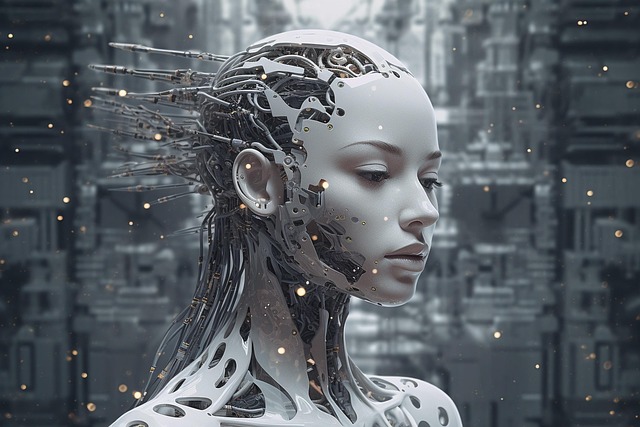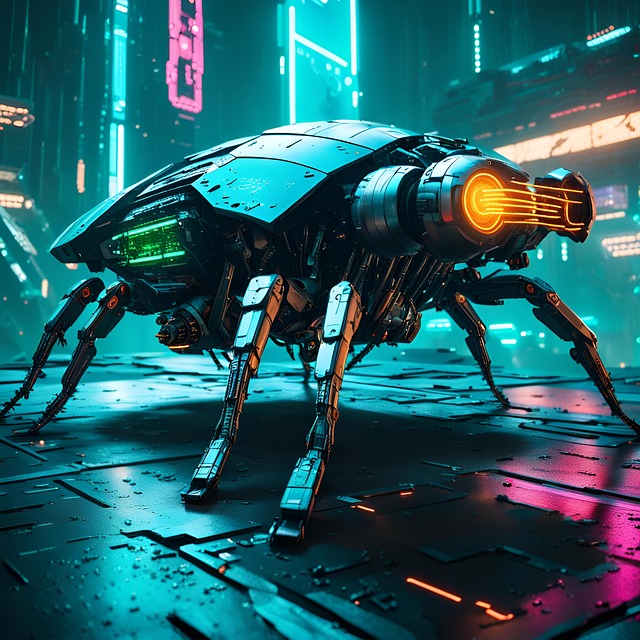
How AI is Transforming Customer Service in Hospitality: Insights from Airbnb, Marriott, and Others

Artificial Intelligence (AI) is revolutionizing many industries, with the hospitality sector being one of its latest beneficiaries. Companies like Airbnb and Marriott are harnessing AI to redefine customer service experiences, ensuring a seamless and efficient stay for all guests. In this era of rapid change, understanding how AI is being integrated into hospitality can offer valuable insights.
The Role of AI in Modern Hospitality
Enhancing the Customer Experience
AI is enabling hotels and lodging services to offer personalized experiences like never before. For instance, AI-powered chatbots handle a significant volume of customer inquiries, offering real-time assistance and freeing up human staff for more complex interactions.
Streamlining Operations
By incorporating AI, hotels can automate routine tasks like booking management and housekeeping scheduling. This not only improves efficiency but also reduces the chances of human error. RateGain Channel Manager is a next-generation SaaS solution that helps hotels manage room rates more effectively, a development propelled by AI.

Key AI Innovations in Action
AI-Powered Booking Agents
Airbnb and Marriott are among the pioneers experimenting with AI-powered booking agents. These tools simplify the booking process by understanding preferences and providing tailored recommendations, which leads to higher customer satisfaction.
- **Stat Insight:**AI-powered booking agents are expected to grow in prominence, with a projected increase of 45% usage by 2025 among service hotels, as confidence in these technologies burgeons.
Sentiment Analysis
Hotels are diving deep into sentiment analysis to understand guest feedback and improve their services. By listening to both direct and indirect customer feedback, hotels can refine their offerings accordingly.
-**Stat Insight:**Repeated studies show a 30% faster response rate in addressing customer concerns when using AI-powered sentiment analysis tools.
Impact on Employee Roles and Interaction
Redefining Traditional Roles
AI is not only enhancing customer-facing services but also impacting the roles and interactions within the hotels themselves. Employees are finding new ways to engage with AI to enhance their productivity and service delivery.
-**Stat Insight:**There's an integration of AI into the entire work experience, with a 35% increase in efficiency and task completion rates among hotel staff.

Training and Development
AI systems also facilitate training and development programs, helping staff to upskill and adapt to new technologies. This shift ensures that employees remain relevant and continue to provide exceptional customer service.
Broader Implications for the Travel and Hospitality Industry
Collaboration with External Platforms
Partnerships, like the one between Emaar Entertainment and MakeMyTrip, are leveraging AI for more integrated and appealing travel experiences. Such collaborations broaden the scope of AI beyond traditional hotel settings.
-**Stat Insight:**By 2025, collaborations are forecast to increase by 50%, allowing access to attractions and services that were previously out of reach.
Maximizing Loyalty Programs
AI helps in analyzing customer data to maximize rewards through loyalty programs offered by hotels and airlines. Learning how to best utilize these programs can significantly enhance the travel experience.
-**Stat Insight:**More than 60% of travelers have reported improved travel experiences when AI-enhanced loyalty programs are employed.

Challenges and Considerations
Privacy Concerns
As AI continues to penetrate the hospitality industry, privacy remains a critical concern. It is essential for companies to balance AI implementation with robust privacy protections.
Adapting to Change
The swift move towards AI requires both industry players and consumers to adapt rapidly. Continuous education and transparent communication can help ease this transition for all stakeholders.
The Future of AI in Hospitality
With the ongoing evolution of AI technologies, the horizon looks promising for further innovations in customer service within the hospitality sphere.
-Stat Insight: By 2030, AI could revolutionize the hospitality industry with an estimated $67 billion in added value annually, according to expert projections.
As the industry continues to integrate these advanced technologies, staying updated with these trends becomes crucial for anyone involved in or interacting with the hospitality sector.
In conclusion, AI is proving to be a game-changer in the hospitality industry. From booking to customer service, and from enhancing employee roles to expanding partnerships, AI is creating a more personalized, efficient, and rewarding experience for everyone involved.
